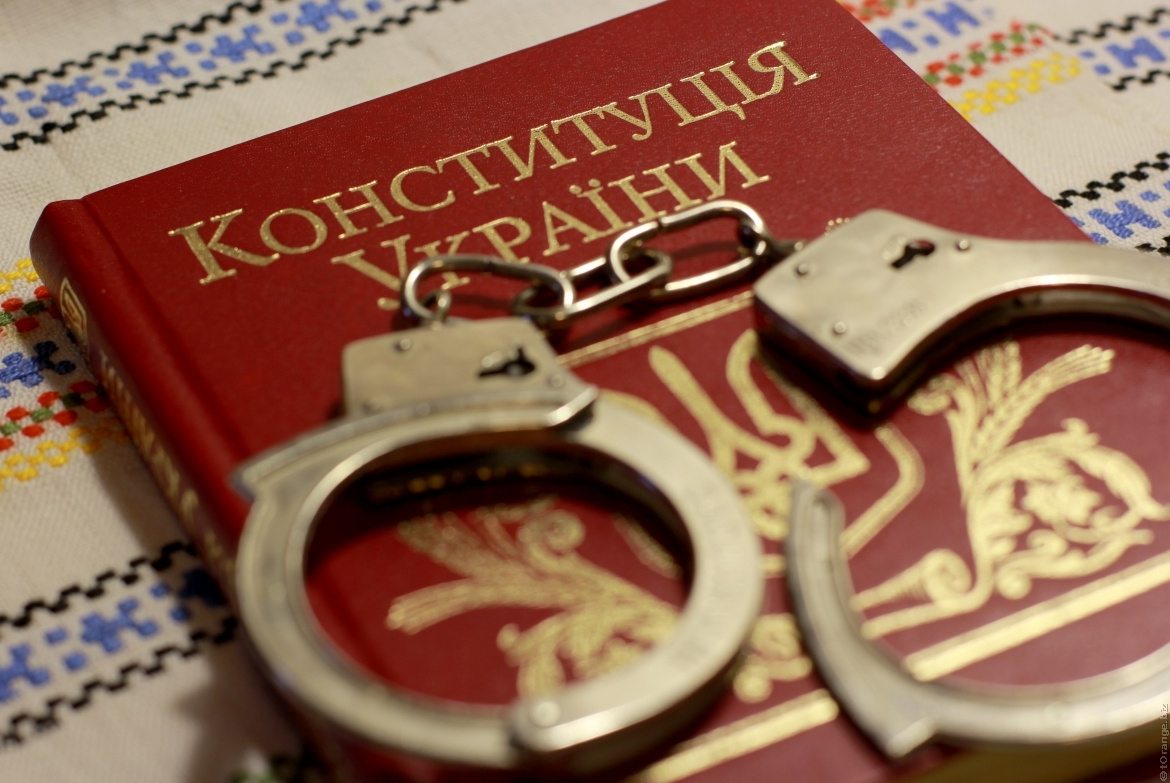Russia to be handcuffed by Western Sanctions?
With tensions mounting over the Ukraine-Russia conflict, the world has its eyes focused on Russia’s economy, a key contributor to world markets.
While the effectiveness of sanctions to achieve political aims is questionable, it is undeniable that they have a pronounced effect in various unexpected ways.
The concept of economic sanctions has existed since the Greek ages. The USA itself has a long history of imposing wide and varied sanctions against various countries around the world during times of conflict, most notably in 2012 as a trade embargo on Iran causing oil prices to rise.
“How do sanctions factor into the Russia-Ukraine situation? And why do we care?”
Ryszard Schnepf, Poland’s ambassador to the USA, recently created a YouTube video urging America to buy Poland’s “freedom apples”.
Named freedom apples because they support Ukraine’s freedom, the apples lost a major consumer due to the conflict- Russia.
Poland itself is set to loose $671million worth of produce export due to Russia’s retaliation against the sanctions imposed on it.
Russia’s actions in Ukraine have been condemned worldwide- three rounds of sanctions have been placed on it by the USA, EU and a few other nations.
These actions, initially against Russian politicians and members of the elite community, were intended to damage the power and resources available to them. As the situation worsened, further sanctions were imposed on businesses and banks.
The EU, initially hesitant, as Russia is the world’s third largest energy source and a contributing source to the EU economy, jumped on board after MH17, a Malaysian commercial jet was shot down over the conflict area.
The economic sanctions imposed on Russia by USA as well as the initially hesitant EU are intended to have a damaging effect on Russia’s post recession recovery economy.
Thus far the world market has remained complacent about the sanctions. It appears that banking institutions see the sanctions as a passing storm, rather than a long-term threat.
Meanwhile, Russia has taken a not-so complacent stance by banning agricultural imports from the USA, EU, Canada, Australia and Norway, impacting farmers worldwide, while it searches for import sources from Asia, Africa and Turkey.
Four major markets stand to be affected by the sanctions currently in place: finance, energy, agriculture and defense equipment.
Finance: Five major banks have been targeted by the sanctions: Sberbank, VTB Bank, Gazprombank, Vnesheconombank (VEB) and Russian Agriculture Bank (Rosselkhozbank).The law prohibits these banks from raising capital in the Western markets.
Sberbank is Russia’s largest lender and services 11 million people.
While this will definitely impact European banks that are dependent on the bigger bank for funds, most banks have said that the effect will be minimal.
For instance, Austrian lender Raiffeisen Bank International, Rabobank of the Netherlands, as well as Unicredit, Italy’s largest bank have all agreed that the expected effect on them will be marginal.
Energy: Authorisation is now required for export of any energy-related technology or equipment.
Export licenses will not be granted to products intended to help advance Russia’s energy industry.
Gazprombank, the finance wing of Gazprom, which supplies 30% of European gas has also been sanctioned. New Ukranian law against Gazprom will be damaging to both Russia as well the European community. Gazprom’s gas pipeline passes through Ukraine and supplies 30% of Europe’s gas needs.
Ukraine is attempting to insert itself into the value chain by buying the gas from Russia at cheap prices and then selling to Europe at a higher price. It stands to make 3-8 billion dollars in revenue.
This will force Russia to explore the development of other possibilities such as the South Stream and the Nord Stream.
Agriculture: In an act of retaliation against the sanctioning countries, Russia has banned all agricultural imports, including poultry from these countries.
Analysts predict that this may turn out to be a self-damaging move, increasing inflation and affecting the Russian consumer adversely.
Meanwhile, farmers all over the world are facing the brunt of the ban through produce that they cannot sell. In a recent protest, Spanish farmers have dumped produced in front of supermarkets such as Carrefour, which have tried to exploit the situation by reducing prices further.
Defense: The trade of defense equipment and arms will also take a hit as the USA and EU sanctioned the same, in an attempt to prevent pro-Russian rebels in Ukraine from accessing arms that Russia has allegedly supplied.
Politically, the situation is proving to be more stressful for Europe than America. Poland, strongly pro-Ukraine, disapproves of Germany’s more lenient stance in the matter. In serving it’s own economic interests, it appears as though Germany is forced to side with Russia.
The sanctions are definitely looking positive for Asian countries, predominantly China and India, that stand to benefit from import orders.
Whether the sanctions will alter that map of the trade economy permanently or just put a dent in the existing map remains to be seen. It appears as though a limbo situation has been reached with either party refusing to compromise due to geo-political reasons.

Comments